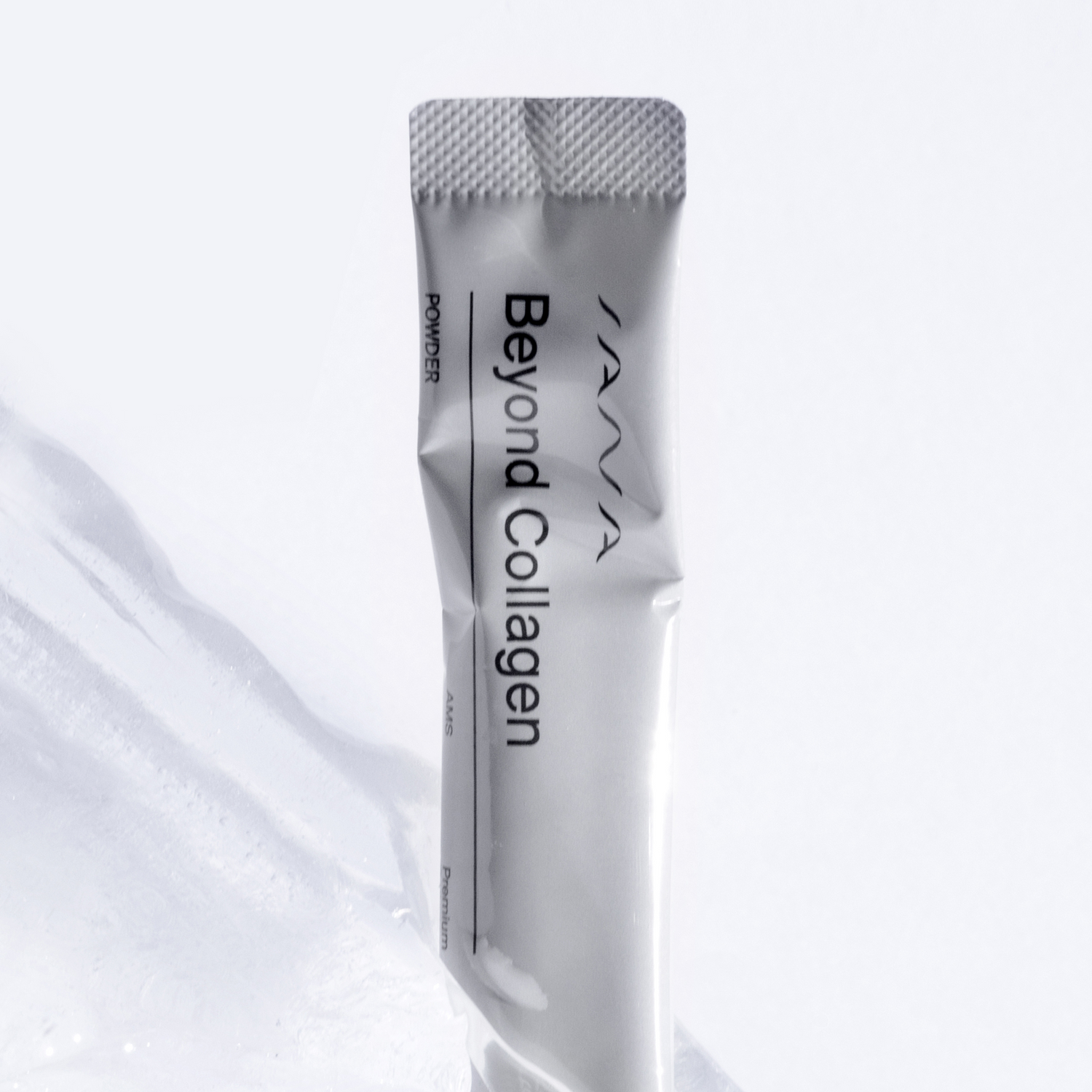Athletes, from weekend warriors to professionals, are always on the lookout for ways to enhance their performance and reduce the risk of injuries. Injuries can not only sideline an athlete but can also impact their long-term performance and health. Collagen, often dubbed the body's scaffolding, has recently garnered attention in the sports world. But can collagen truly aid in reducing the chances of sports injuries? Let's explore.
1. The Role of Collagen in the Body
Collagen is the most abundant protein in our bodies, making up about 30% of the total protein content. It's pivotal in providing structure and strength to tissues, including tendons, ligaments, skin, and bones.
2. Collagen and Joint Health
One of the primary concerns for athletes is joint health. Repetitive movements, intense training, and high-impact activities can stress the joints.
- Joint Support: Collagen contributes to the strength and flexibility of joints, potentially reducing wear and tear.
- Reduced Stiffness: Some studies suggest that collagen supplementation might decrease joint pain and stiffness, enhancing mobility.
3. Strengthening Tendons and Ligaments
Tendons and ligaments are collagen-rich tissues that connect muscles to bones and bones to each other, respectively.
- Enhanced Durability: Regular collagen intake can provide the necessary amino acids that form these connective tissues, possibly making them more resilient to strains and tears.
- Faster Recovery: Collagen might aid in the quicker healing of minor tendon and ligament injuries, ensuring athletes return to their sports sooner.
4. Bone Density and Collagen
Bone fractures are a concern for athletes, especially those engaged in high-impact sports.
- Bone Strength: Collagen forms the matrix of bones, aiding in maintaining bone density and strength.
- Fracture Prevention: Enhanced bone density can potentially reduce the risk of fractures during athletic activities.
5. Muscle Recovery and Collagen
While collagen isn't a primary muscle protein, it plays a role in muscle recovery.
- Anti-inflammatory: Collagen's anti-inflammatory properties can help reduce post-exercise inflammation, speeding up recovery.
- Muscle Repair: The amino acids in collagen can aid in minor muscle tissue repairs.
6. Skin Protection
Though often overlooked, skin health is vital for athletes, especially for those participating in outdoor sports.
- Skin Resilience: Collagen strengthens the skin, potentially reducing the risk of abrasions and minor injuries.
- UV Protection: Collagen has properties that can enhance the skin's defense against harmful UV rays during outdoor activities.
7. The SANA Amsterdam Approach
Understanding the multifaceted needs of athletes, SANA Amsterdam offers premium collagen products sourced from high-quality Norwegian marine collagen, designed to support the rigorous demands of sports and athletic endeavors.
Conclusion
While collagen intake alone might not make an athlete injury-proof, it certainly holds promise in reinforcing the body's natural defenses against sports-related injuries. By integrating collagen supplements into their regimen, athletes can potentially fortify their joints, tendons, ligaments, and bones, paving the way for a safer and more enduring athletic journey. With SANA Amsterdam's collagen offerings, athletes are better equipped to push their boundaries while safeguarding their body's well-being.







